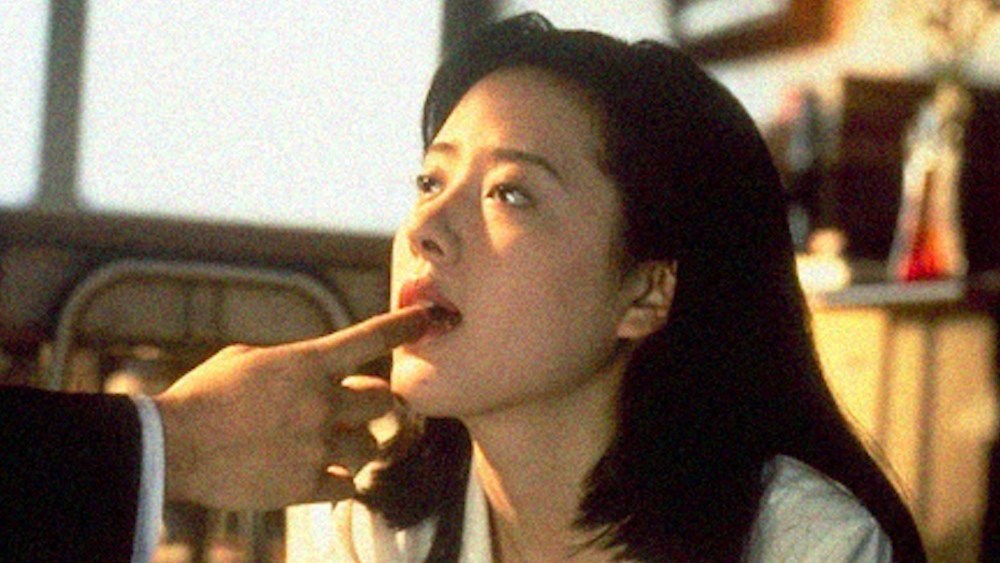The International Film Festival Rotterdam (IFFR) has unveiled its second Focus program for the 55th edition, turning the spotlight on Japan’s V-Cinema — the direct-to-video movement that exploded in the late 1980s and profoundly shaped the country’s contemporary film culture.
The section, curated by Tom Mes, will run as part of the festival’s 2026 edition from Jan. 29 to Feb. 8.
Originating with Toei’s “Crime Hunter: Bullets of Rage” (1989), V-Cinema responded to Japan’s booming home video market by producing films that bypassed theaters entirely. The low-budget, high-speed production model gave directors unprecedented creative freedom, birthing a generation of filmmakers who went on to define modern Japanese cinema — including Miike Takashi, Nakata Hideo, Kurosawa Kiyoshi and Aoyama Shinji.
IFFR’s V-Cinema Focus will showcase a range of Toei titles, among them the “Crime Hunter” trilogy — “Crime Hunter: Bullets of Rage,” “Crime Hunter 2: Bullets of Betrayal” and “Crime Hunter 3: Killing Bullet.” The lineup also features Nakata’s debut feature “Female Teacher: Forbidden Sex,” the psychological noir “Betrayal Tomorrow,” and the cult action thriller “XX Beautiful Weapon.”
The program expands beyond Toei to highlight the anarchic spirit and genre experimentation that defined the movement. Among the selections are the ghostly anthology “Scary True Stories: Second Night,” the eerie found-footage investigation “Psychic Vision: Jaganrei,” and Miike’s hyperviolent “Fudoh: The New Generation.” Other highlights include the surreal gangland fable “Tuff: Part I,” Kurosawa’s deadpan yakuza comedy “Suit Yourself or Shoot Yourself!! VI: The Hero,” Aoyama’s archetypal action drama “A Weapon in My Heart,” and “The King of Minami,” about a loan shark aiding small business owners.
“V-Cinema offered filmmakers the space to take risks, move fast and work with a freedom rarely possible within the traditional studio system,” said IFFR festival director Vanja Kaludjercic. “What emerged was a wild and inventive cinema embracing everything from anarchic yakuza tales and psycho-horror experiments to surreal hybrid pieces — work that still feels electric today.”
IFFR’s full 2026 program will be unveiled on Dec. 16.

